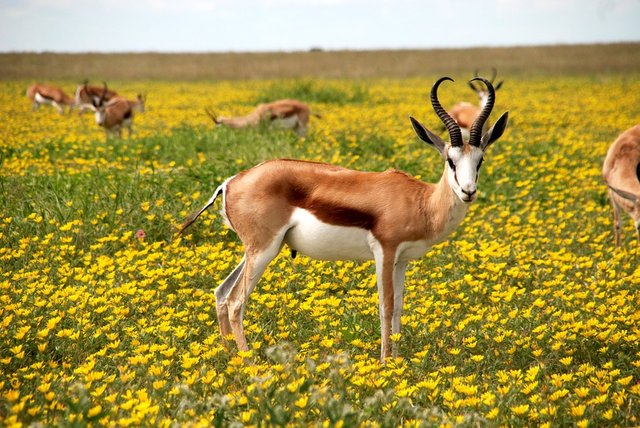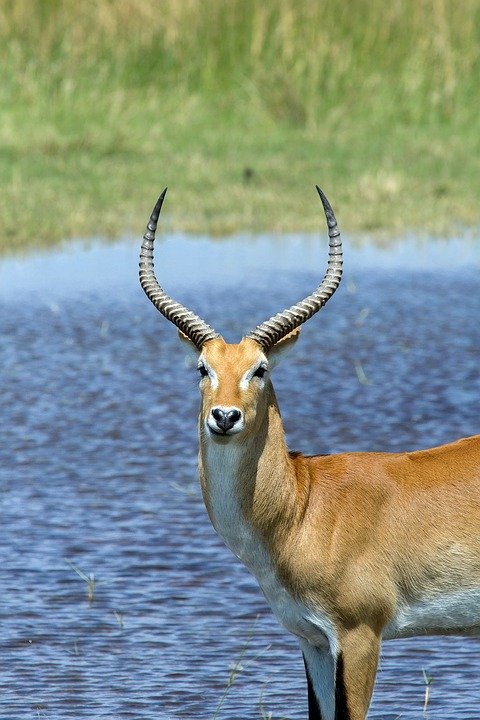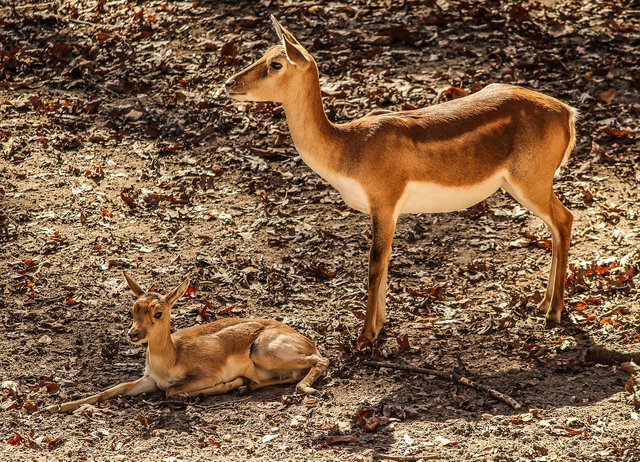Exotic Game Industry

What is meant by exotic game breeding?
Needless here to introduce the reader to the exotic game species found in Africa as it can easily be studied and viewed online. The past five years interest and demand for species like Sable antelope, Black Impala etc. have soared to such heights that the prices for these species have increased for this period 540%.
Keep in mind that the game industry in general is set to grow from R15 billion to R100 Billion in the next ten years in South Africa. To put perspective to this, it must be noted that other traditionally popular investment choices like real estate is set for only 2.6%.
A recent publication from the University of the North West in Potchefstroom, South Africa (Cloete Van der Merwe and Saayman -2015)* highlights the following:
*South Africa has more than 18,6 million head of game that roam on more than 20 million hectare of agricultural land. Definitely a world leader.
*Since the end of the 1990’s this industry has leaned progressively towards the breeding of higher value strains and focusing on exotic breeds.
*Growth rate in this industry averaged a whopping 26% per annum.
*Cloete P.C., Van der Merwe, R. Saayman, M.2015. In Press. Profitability of game ranching in South Africa, Second Editor Caxton Publishers.

Why the growing demand?
Most tourism destinations which can be described as traditional and widely hyped as the so-called bucket list “must-sees” rely heavily on historical grandeur or at least architecture from a glorious age. The trend under younger people is to visit places where nature can be experienced which has already disappeared where they have to live and work. Suffice to say that any industry which offers game in its natural habitat has a card up their sleeve which just cannot be matched by the theme park cum historic castle industry.
Add to this that one-time fierce opponents of hunting that Sir Richard Leakey is willing to admit that commercial/tourist hunting might be the only hope for the survival of species on the brink of extinction. Unnecessary here to state how much commercial breeding has contributed to take some species off the endangered list. Fact is these species fetch prices from trophy hunters which is mind boggling.
Should one jump on the bandwagon and buy a game farm and start breeding exotic game?
The answer is a big NO, unless you’re not really interested in the money side, but rather in enjoying to interface with nature. Game farming is something best left to those with years of experience and a feel for weather conditions etc. which comes from generations of farming.
Is investing opportunities offered and how safe is it?
Various opportunities are offered and the most lucrative are those that give the investor a stake in present breeding stock with a share in offspring.
Here is a distinction can be made between Sable and Roan antelope which is designated at a 30% return per annum and the coloured variations of Impala, Blesbuck and Springbuck which goes to 45%.

Why is it a safe investment?
Most importantly it differs from most other investments in the sense that your base increases. What does mean? Gold coins, property and shares for example stays the same. Simply put: gold coins do not breed, game increases. So if an investment entails a share in offspring your base widens and returns are not only dependent on market value increase.
At present demand outstrips supply by a very wide margin and this can be seen from the rapid rise in prices over the last five years.
For example; At the end of 2012 a Nyala ewe fetched R7,686 on average at a auctions. The average price in 2016 is R35,000. We are not talking record prices here, for example a Nyala bull fetched R290,000 recently.
